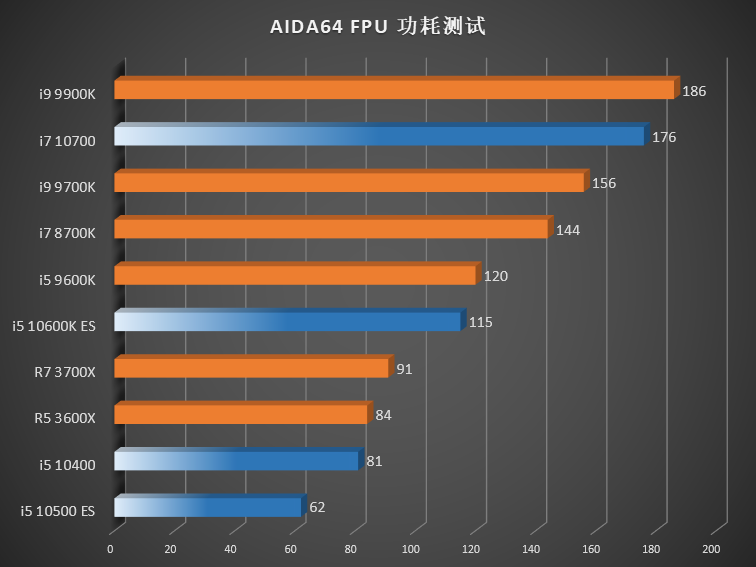It make sense. It's 9900k without oc. Same power consumption is expected.
My point being that the 9900k is a 95W (unless its ouf of the box, with a locked PL2, in that case its closer to a 150W) rated part yet the 10700 is a 65W rated part. Never mind, I found in the article it actually states before the summary table that the 10700 had its power limit unlocked, interesting that despite this, it says the 10700 is a 65W part multiple times throughout the article:
"According to the
results from the review, the i7-10700 is slightly faster than the
AMD Ryzen 7 3700X, another 65W chip. " The truth is that the 10700 is overclocked beyond its 65W limit.
"The i7-10700 will reportedly come with eight cores, 16 threads and 16MB of L3 cache. This model seemingly operates within the 65W envelope and has a 4.6 GHz all-core boost. " Again implying that these test results are from a stock configuration, which is not the case.
Paul, just stop putting out these articles that try to cast Intel in good light when the reality is that they are being slaughtered by the AMD competition!




